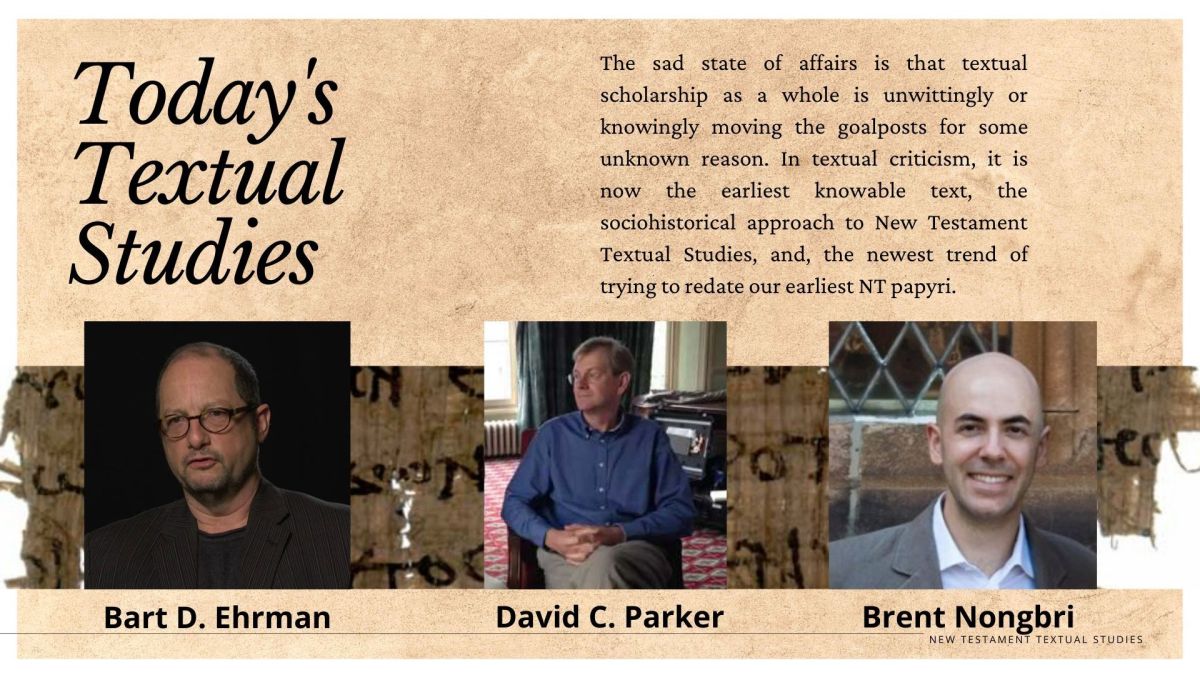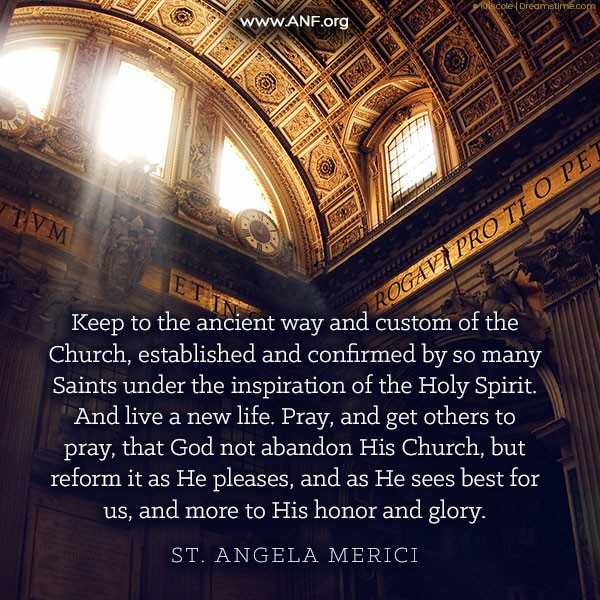Discover posts
“I am trying here to prevent anyone saying the really foolish thing that people often say about Him: I’m ready to accept Jesus as a great moral teacher, but I don’t accept his claim to be God. That is the one thing we must not say. A man who was merely a man and said the sort of things Jesus said would not be a great moral teacher. He would either be a lunatic — on the level with the man who says he is a poached egg — or else he would be the Devil of Hell. You must make your choice. Either this man was, and is, the Son of God, or else a madman or something worse. You can shut him up for a fool, you can spit at him and kill him as a demon or you can fall at his feet and call him Lord and God, but let us not come with any patronizing nonsense about his being a great human teacher. He has not left that open to us. He did not intend to.”
C.S. Lewis, Mere Christianity
Check out this display by Saint Arnolds Brewery
A beautiful display of their newest year-round (H-Town Pils) and their Art Car IPA. 🍻 H-E-B at 3663 Washington Ave Houston, TX.
#craftbeerexplorer
#craftbeer #beer #SaintArnoldsBrewery

It’s easy to reach those in the Church who are already interested in “apologetics”.
That’s no longer my goal. I want to interest the disinterested, challenge those who don’t yet recognize the challenge, and engaged those who feel disengaged.
If we hope to change the direction of the Church and grow a movement of thoughtful, intellectually robust Christian ambassadors, we’re going to need to reach those who are disinterested. —J Warner Wallace
Bart D. Ehrman's Red Herring
he writes,
Changes that scribes made in their texts frequently reflect their own sociohistorical contexts. By examining these changes, one can, theoretically, reconstruct the context within which they were created, contexts that are otherwise sparsely attested in our surviving sources. When viewed in this way, variant readings are not merely chaff to be discarded en route to the original text, as they were for Hort and others of his ilk; they are instead valuable evidence for the history of the early Christian movement. The New Testament manuscripts can thus serve as a window into the social world of early Christianity. - Bart D. Ehrman, “The Text as Window: New Testament Manuscripts and the Social History of Early Christianity,” in The Text of the New Testament in Contemporary Research: Essays on the Status Quaestionis (2nd ed.; ed. Bart D. Ehrman and Michael W. Holmes; NTTSD 42; Leiden: Brill, 2013), 803.
RESPONSE: This is the new Sociohistorical Method of New Testament Textual Studies. The objective of the sociohistorical approach to New Testament Textual Studies is to follow the scribal traditions and the transmission history of the Greek within each text-type of the family of manuscripts and where they grew up in order to have a better understanding of the social history of early Christianity.
RED HERRING: A statement that is or is intended to be misleading or distracting. This is one of Ehrman's favorite ploys to mislead his audience. He will say something as though the opponent said it; then, using arguments to undermine it. No textual scholar says that we should not consider social history as we go about determining the original readings. We simply say we can do two things at the same time, and that the primary task is getting back to the original not the Sociohistorical Method of New Testament Textual Studies. Now, Ehrman's picking on Westcott and Hort as ignoring the Sociohistorical Method of New Testament Textual Studies is extremely disingenuous. This is a new method of study within the last few decades, Westcott and Hort's works goes back to 1861-1881, that is, 150-130 years ago.
In fact, if you do not determine first that the original reading was changed to something of sociohistorical value; then, that method is pretty much worthless. some of the most educated, intelligent, knowledgable, talented men and women in the world who have given their lives to the study of the New Testament text are surely able to walk and chew gum that the same time, yes? Certainly, they can determine what was the original reading and at the same time gather insight into the motive behind the scribal variants. Let’s just take one example, 1 Timothy 3:16 ...
See Here ... https://christianpublishinghou....se.co/2020/06/26/the
TIP: As this platform only has 3 visibility settings
(Everyone, Friends, Only Me)
if you want to interact with people without laying bare your whole life,
try creating a page, group, or topic in the forum.
GROUPS can be set to private/invite only.
Don't forget to change the privacy settings on your posts
if you don't want everyone to see them!










